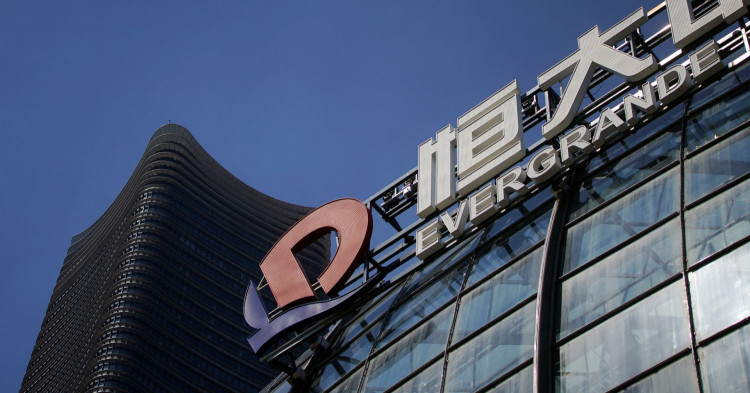Evergrande Property Services Group, through its subsidiary Jinbi Property Management Company, has initiated legal proceedings against Hengda Real Estate Group Company and its parent, China Evergrande, among others. This legal action seeks the recovery of approximately 2 billion yuan ($279.60 million) in deposit certificate pledge guarantees. This move escalates the financial crisis embroiling Evergrande, one of China's largest real estate developers, which has been grappling with significant debt issues.
The dispute centers around Evergrande Property Services' deposit pledge of about 13.4 billion yuan, which was reportedly used as collateral for pledge guarantees and subsequently seized by banks. The proceedings also involve Shenzhen Qihang Metals Materials Company, Guizhou Guangjuyuan Real Estate Development, and Hengda Real Estate Group Guiyang Property. In a notable development last July, Evergrande's CEO and finance head resigned after an investigation revealed their involvement in diverting these loans.
The Guangzhou Intermediate People's Court of Guangdong Province has formally accepted the filing of the case, as confirmed by Evergrande Property Services on Tuesday. This legal action represents a significant challenge for the parent company, Evergrande, which previously stated it was negotiating with Evergrande Property Services to repay the funds.
This lawsuit is part of a broader crisis in China's private real estate market, highlighted by the financial difficulties faced by Evergrande. The company's chairman, Hui Ka Yan, recently saw the seizure of luxury properties due to the group's efforts to avoid liquidation. The ongoing restructuring of Evergrande's debt, including the swapping of debt for new bonds and stakes in subsidiaries, is a response to the Chinese authorities' tightening control over the real estate sector.
The troubles of Evergrande, a symbol of the crisis in China's real estate sector, have raised concerns about the potential impact on the Chinese economy and financial system. The real estate market plays a critical role in China's economic prosperity, accounting for a significant portion of the country's GDP. The sector's collapse has led to a broader economic slowdown, raising alarms about a possible contagion effect.
This crisis has also brought into focus the role of asset management companies like Zhongzhi, which declared insolvency with an estimated debt of 60 billion euros. The difficulties faced by such companies reflect the broader challenges in the real estate sector, fueled by speculation and increasing debt among developers.
The Evergrande saga, with its complex web of financial mismanagement and legal disputes, underscores the challenges faced by China's real estate industry. As the country grapples with these issues, the outcome of Evergrande's legal battles and its restructuring efforts will be closely watched for their implications on the national and global economic landscape.






